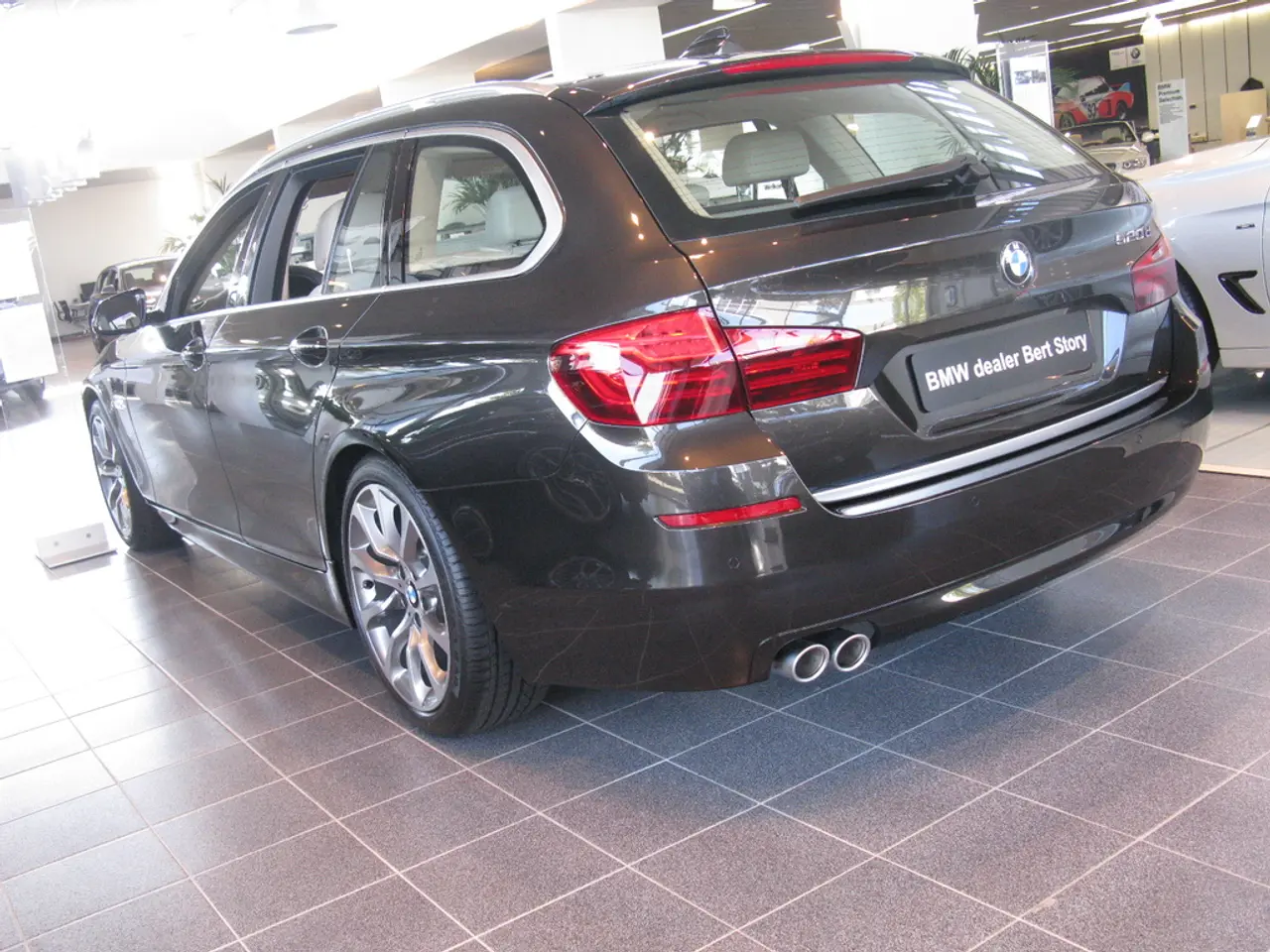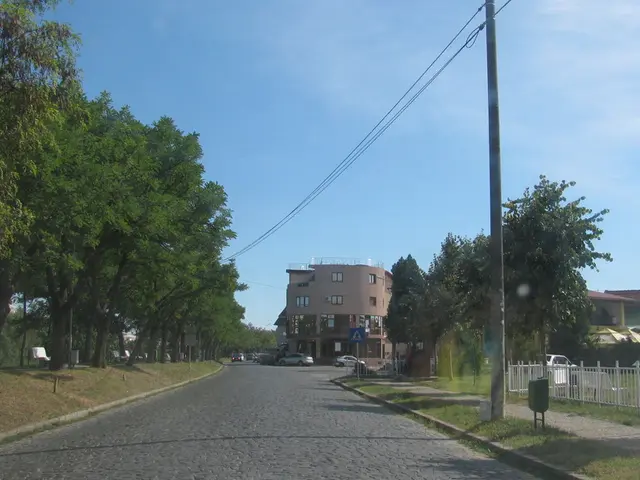Belgium's EV Boom: Plug-in Hybrids Lead as Charging Networks Expand
Belgium is seeing a surge in electric vehicle (EV) adoption, with almost half of new registrations being electric. Among these, plug-in hybrids were the top choice, followed by fully electric cars and regular hybrids. The charging infrastructure is also expanding rapidly, with several companies competing to provide the best networks.
EnergyDrive offers an attractive fixed price for charging, ranging between 0.35 and 0.36 euros per kWh, which is 25 to 50% cheaper than refueling at home. This competitive pricing is likely contributing to the increase in EV registrations, which reached approximately 200,000 in 2023.
In terms of charging networks, Fastned took the lead in Belgium in 2023, with 19 operational fast-charging stations and 24 sites under development. Lidl also offers charging facilities, with more than 40 stations distributed across its Belgian stores. Meanwhile, Electra, a market leader, operates more than 540 charging parks across ten European countries and plans to expand significantly in the region, aiming to become the largest provider in Belgium and Luxembourg with 250 charging stations by 2030.
DATS24, part of the Colruyt Group, came in second with 109 charging points, which will be expanded to accommodate more than 300 electric vehicles simultaneously. This expansion reflects the growing demand for charging infrastructure, with a significant increase of more than 27,000 public and semi-public charging points in Belgium in 2023.
The shift towards electric vehicles in Belgium is evident, with plug-in hybrids leading the way. The expansion of charging networks, driven by companies like Fastned, Lidl, Electra, and DATS24, is crucial for supporting this growth. As EV registrations continue to rise, the focus on affordable charging solutions and extensive infrastructure will be key to maintaining this momentum.







